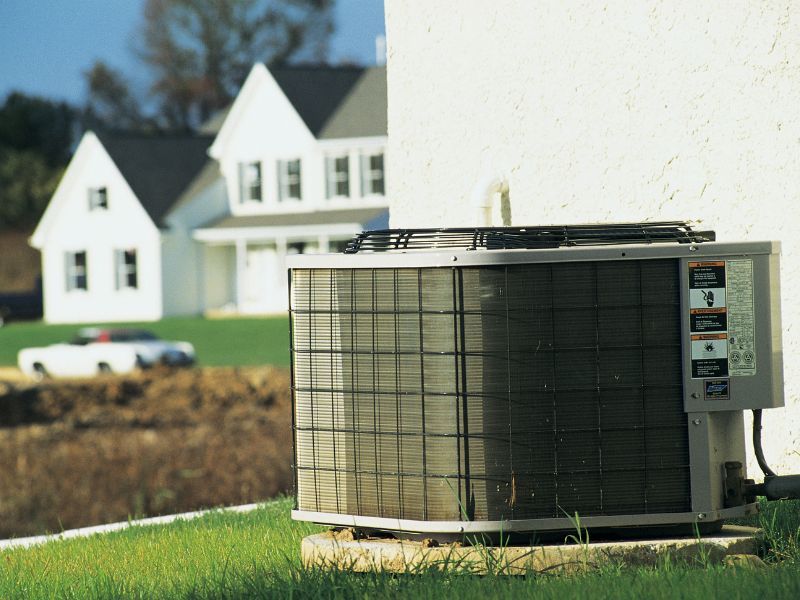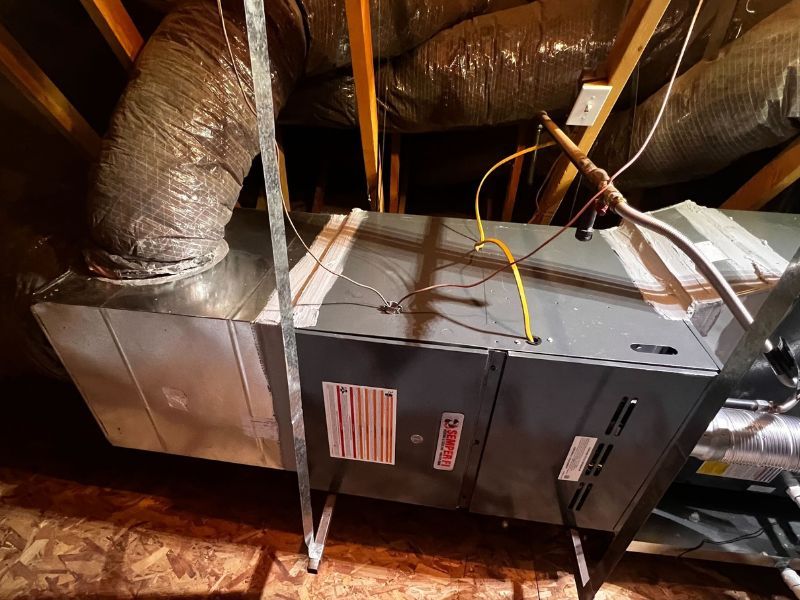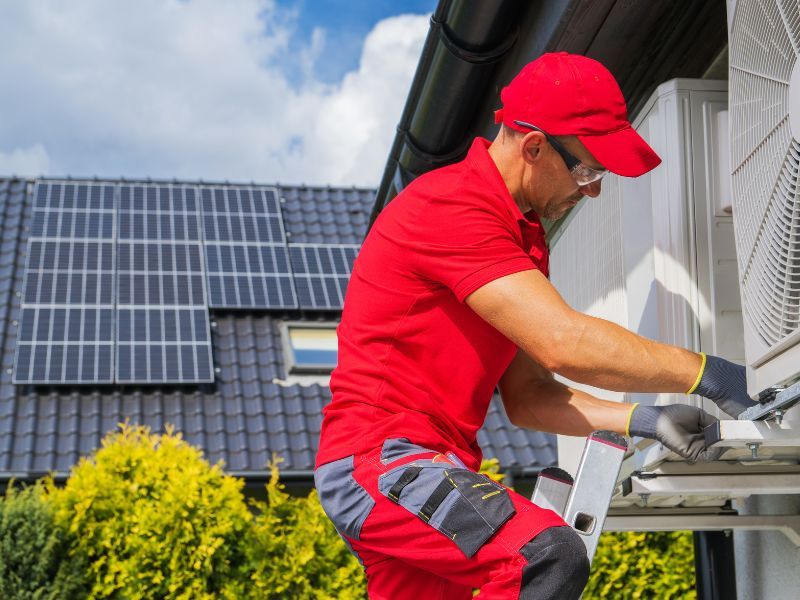What Is Airflow?
Airflow in HVAC refers to the movement of air within a system or a space. It encompasses the controlled circulation and distribution of air for purposes such as ventilation, heating, and cooling.
Proper airflow management is essential for maintaining indoor air quality, temperature regulation, and energy efficiency.
In HVAC systems, airflow can be controlled through various components like fans, ductwork, dampers, and registers. Balanced and well-managed airflow ensures that conditioned air reaches all areas of a building or space effectively, helping to achieve comfortable and healthy indoor environments.
People Also Ask About Airflow
Why is proper airflow important in HVAC systems?
Proper airflow is crucial because it ensures that conditioned air reaches all areas of a space evenly, facilitating efficient heating, cooling, and ventilation. It helps maintain consistent indoor temperatures, reduces energy consumption, and promotes better indoor air quality.
How is airflow measured in HVAC systems?
Airflow in HVAC systems is typically measured in cubic feet per minute (CFM). Various tools and instruments, such as anemometers and flow hoods, are used to quantify the rate of air movement through ducts, registers, and diffusers.
What can cause improper airflow in HVAC systems?
Improper airflow can be caused by factors such as blocked or dirty air filters, incorrectly sized ductwork, closed or obstructed vents, faulty fans or blowers, and inadequate ventilation design.
HVAC System Cost & HVAC Reviews
Related Pages
Categories


